Scream: The series that revived the Slasher genre
The story of how Scream resurrected the Slasher genre
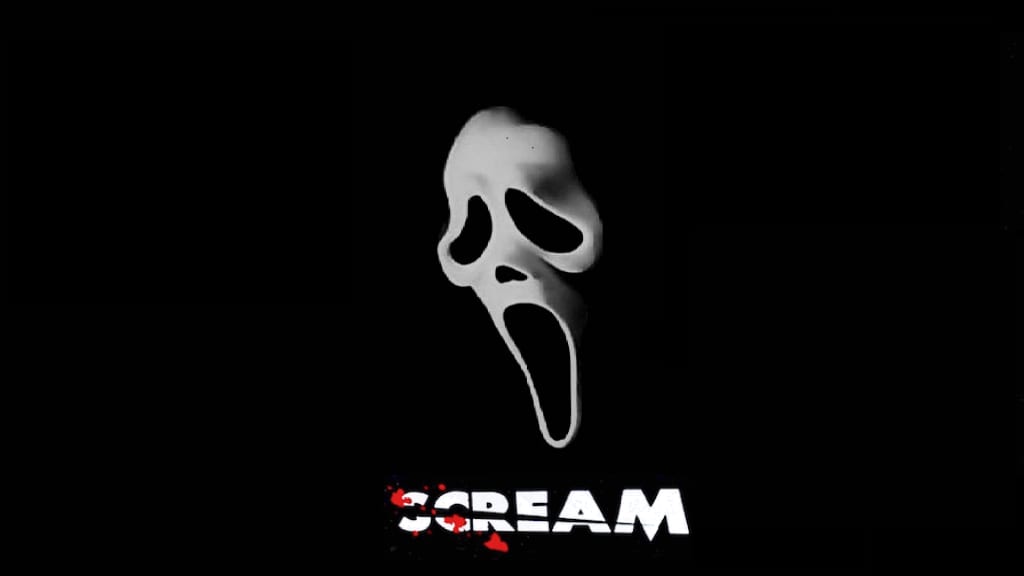
The slasher genre has always been its own unique sub culture of horror films. From its humbled beginnings of Psycho (1960) from Alfred Hitchcock and The Texas Chainsaw Massacre (1974) from Tobe Hopper, to its golden age glory years of Halloween (1978), Friday the 13th (1980) and A Nightmare on Elm Street (1984). There is just something about a horror villain with a blade who just snaps that really joneses horror fans.
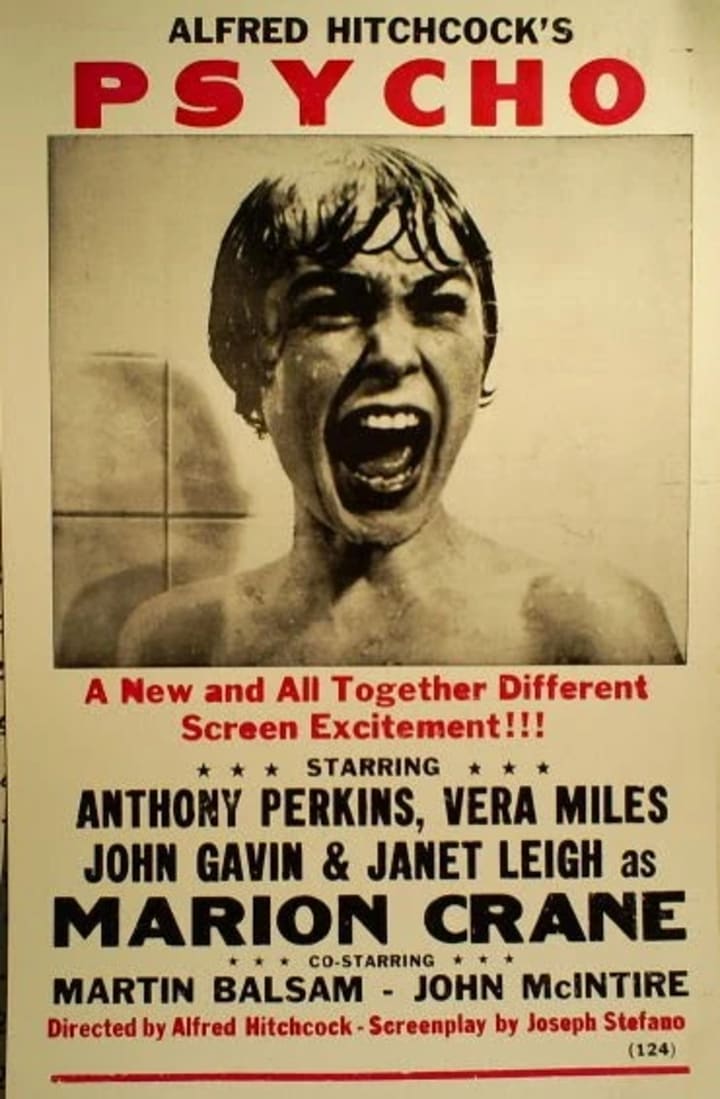
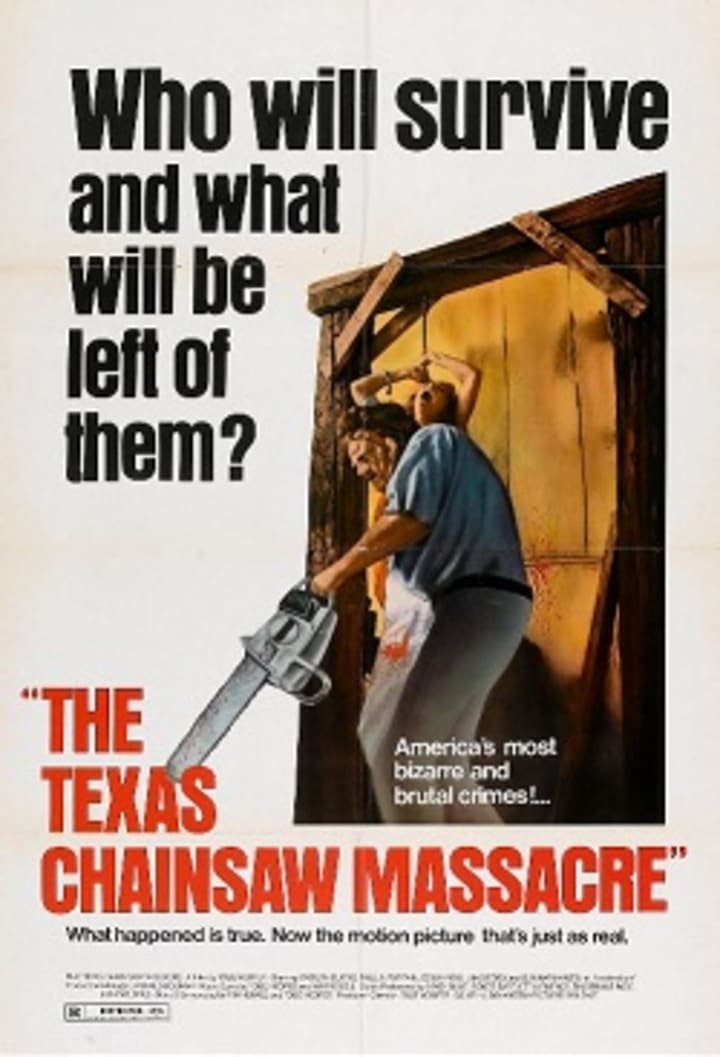
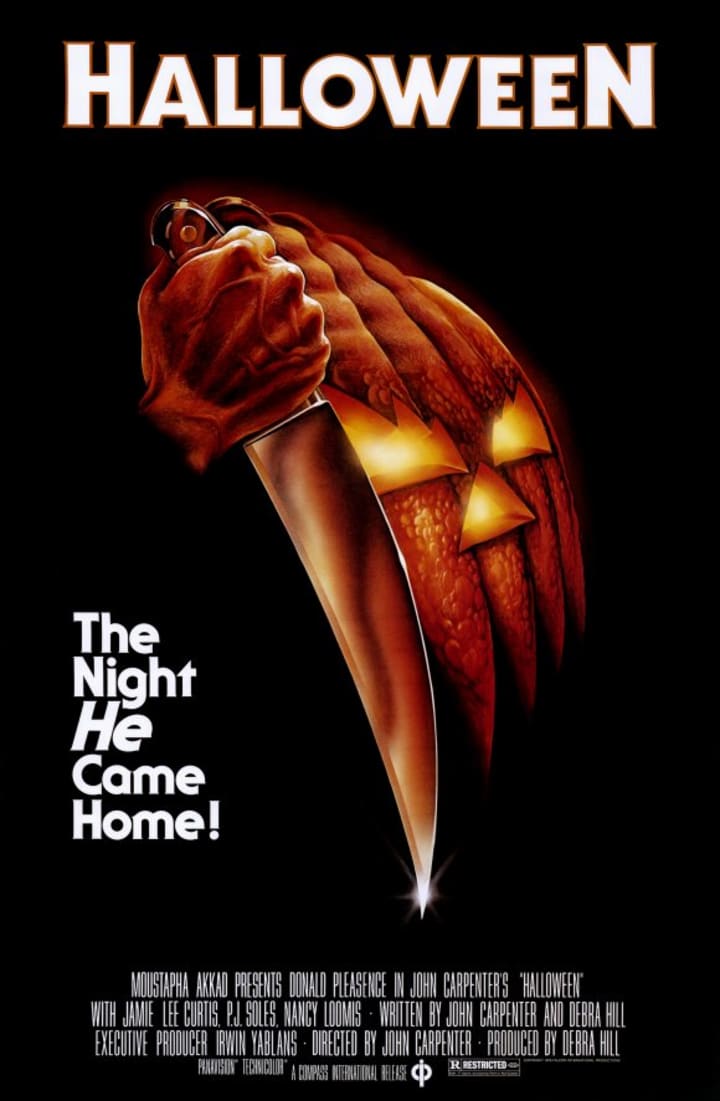
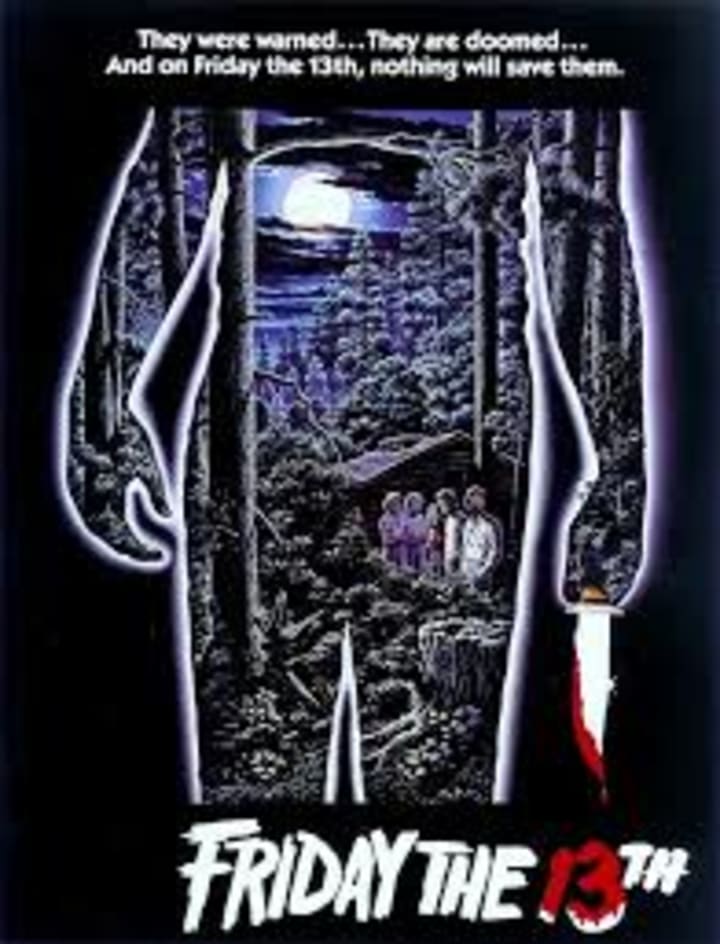
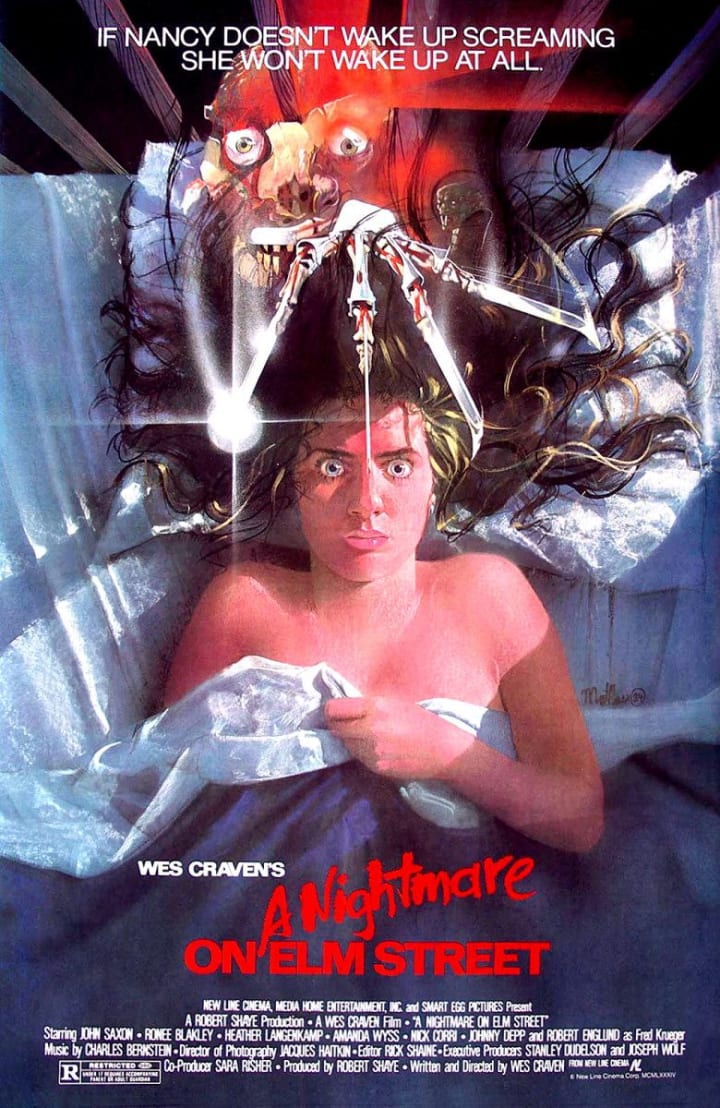
But like every great period of artistic expression, the slasher genre has fallen on hard times. When those hard times took shape following the glory years of the 1980’s, a masterpiece written by a screenwriting fresh face named Kevin Williamson and directed by horror master Wes Craven revived the slasher genre and took it to new heights like never before. That masterpiece would become known as Scream. The Scream series would become one of the most prominent horror franchises ever and with the latest entry in the series Scream 6 getting ready to hit theaters I wanted to tell the story of how and why Scream became so monumental.
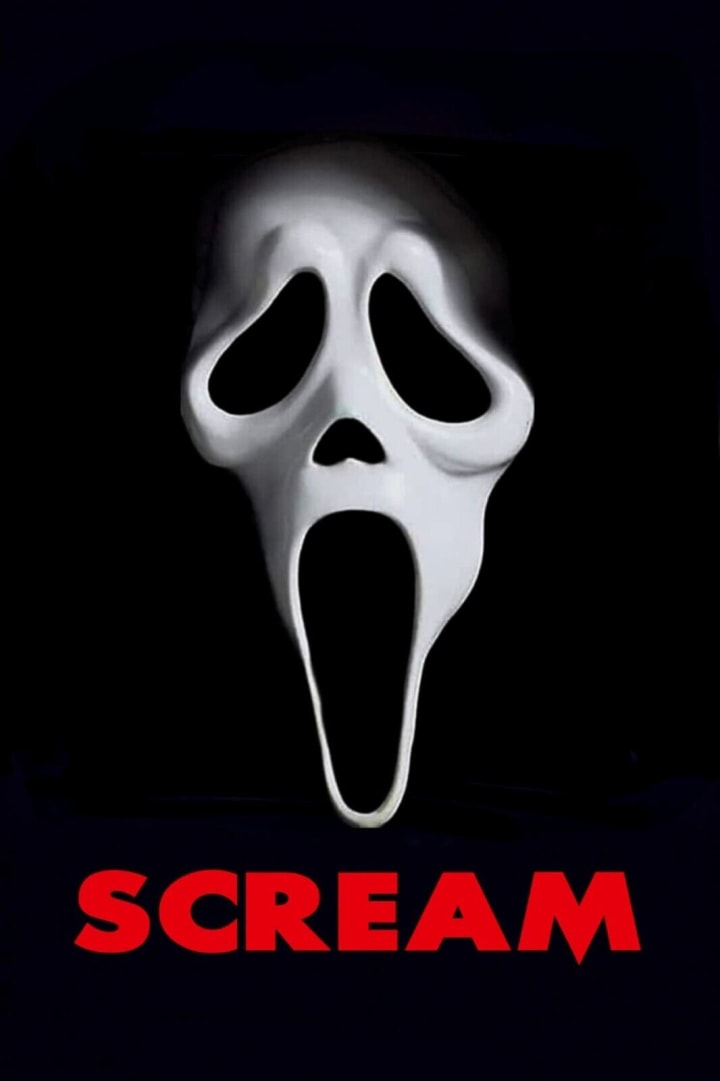
By the mid 90s the slasher genre was in a state of considerable mediocrity. Many of the slasher series heavyweights who dominated over the past decade plus had either ended their franchise runs at the present time or had releases at the current time that underperformed critically, commercially or both. There were also many attempted newcomers to the genre who did not get very far as well. Aside from the flops of the then slasher climate, there were a handful of slasher critical hits who would in time become known as classics but did not make a monumental financial impact on the slasher landscape. Two of those films were Candyman (1992) from Bernard Rose and New Nightmare (1994) from Wes Craven.
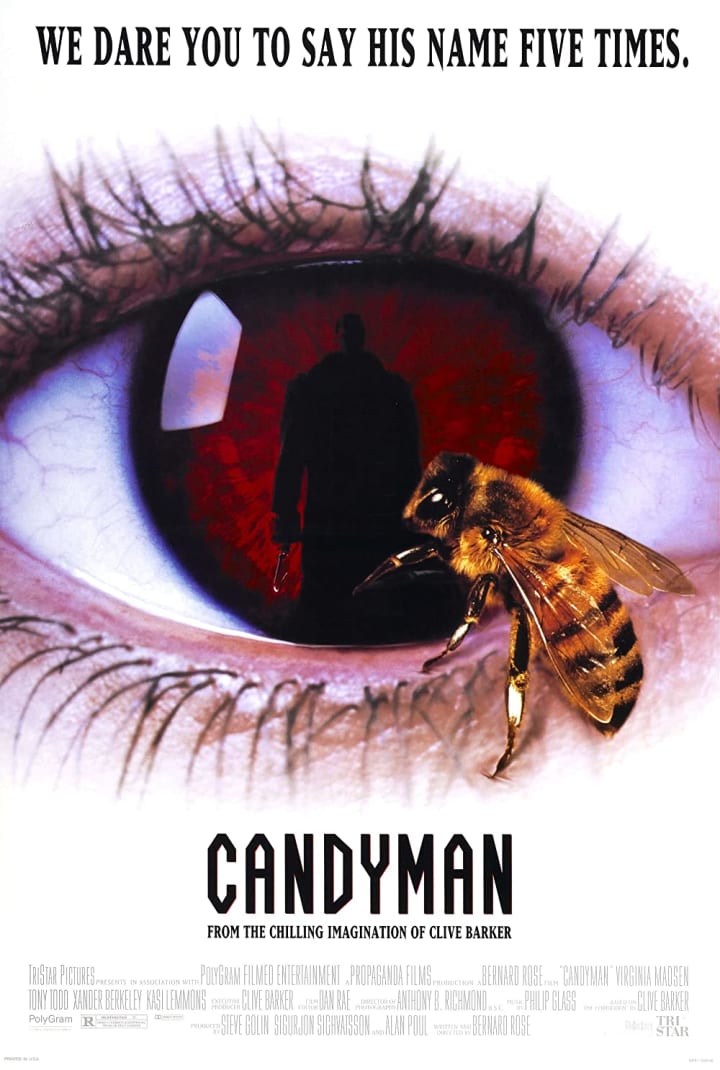
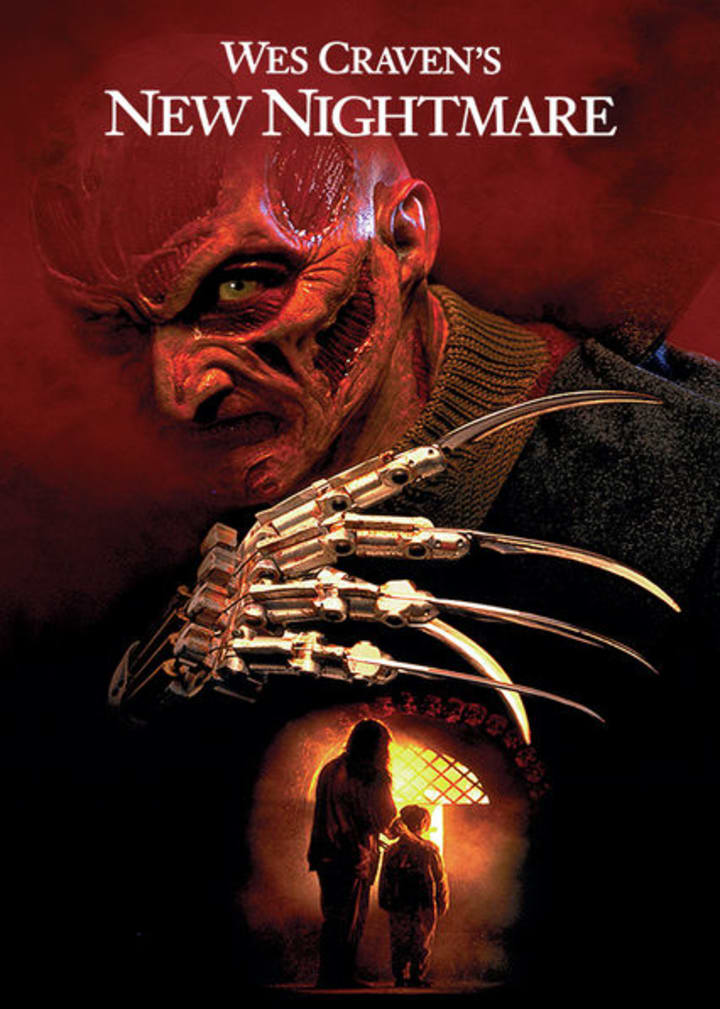
By 1994, Kevin Williamson, an aspiring screenwriter from New Bern, North Carolina was looking to make it in the film industry. Williamson started off pursuing a career as an actor, but had more of a knack for writing.

Inspired by an article he read about Danny Rolling, a serial killer known as the “Gainesville Ripper”, Williamson started working on a slasher script that he titled “Scary Movie”. The story of the script was centered around a young girl named Sidney Prescott and her group of friends being stalked by a costumed killer in the fictional town of Woodsboro, California. Williamson presented the script to the film studio Miramax in 1995, who really appreciated the writing and creativity of the script and bought it from Williamson for $400,000 and decided to distribute the film through their Dimension Films label. The name of the script was later changed to Scream.
This project in development known as Scream was a highly ambitious project for Dimension. They were looking to craft the perfect slasher with Scream and sought out a veteran horror master to give the film the best quality. The horror master they sought out was Wes Craven.
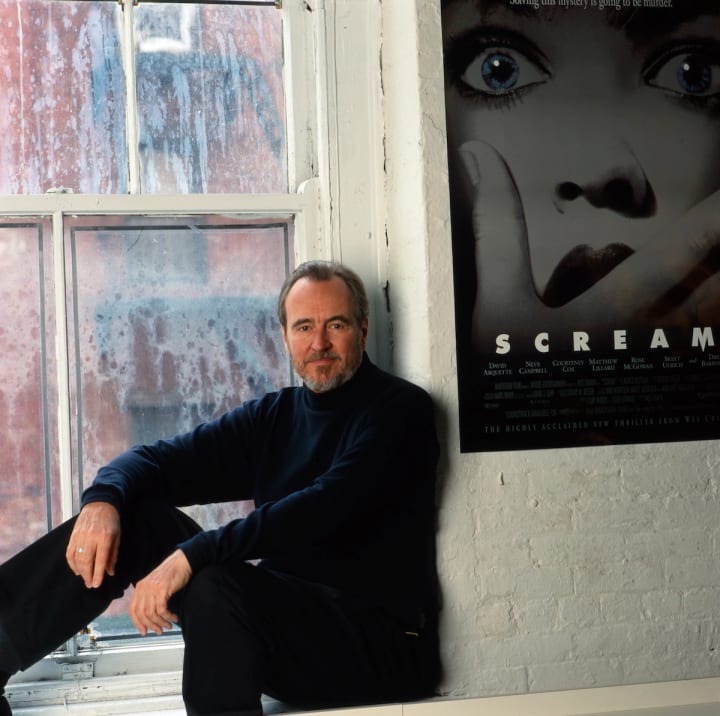
At the time that Dimension studios summoned Craven to direct Scream Craven was looking to take a step back from the horror department, but once he read the script and saw it’s potential, he was all in. Scream went into production from late 1995 into mid 96. Filming wrapped in June of 1996 and the film was released on December 20, 1996.
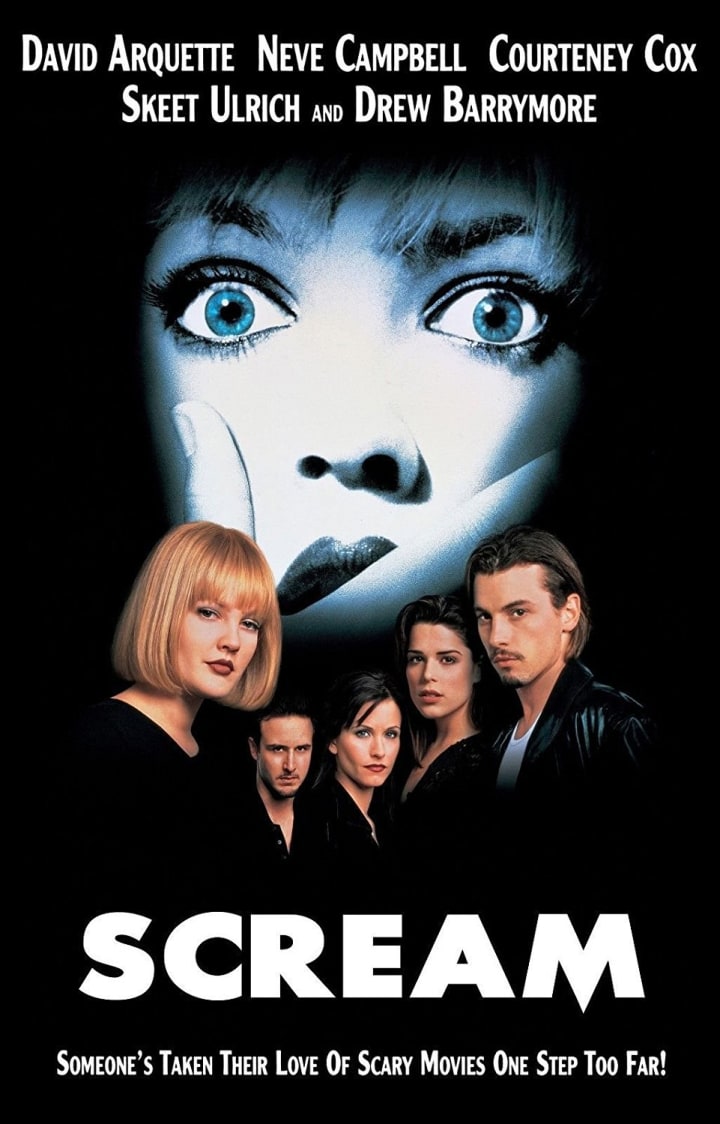
Scream was released to massive critical and commercial success unlike anything previously seen in the slasher genre. The film grossed $173 million dollars worldwide and at the time became the highest grossing slasher film ever. Before the film’s release Dimension studios had already greenlit the sequel penned by Williamson and Craven had already signed on to direct at least two films in the likelihood that the film would become a trilogy. Prior to writing the first Scream script Kevin Williamson had written a another slasher inspired script titled I Know What You Did Last Summer, based off the young adult thriller novel by Lois Duncan. The script was purchased by Columbia studios and though previously shelved was now immediately put into production following the success of Scream.
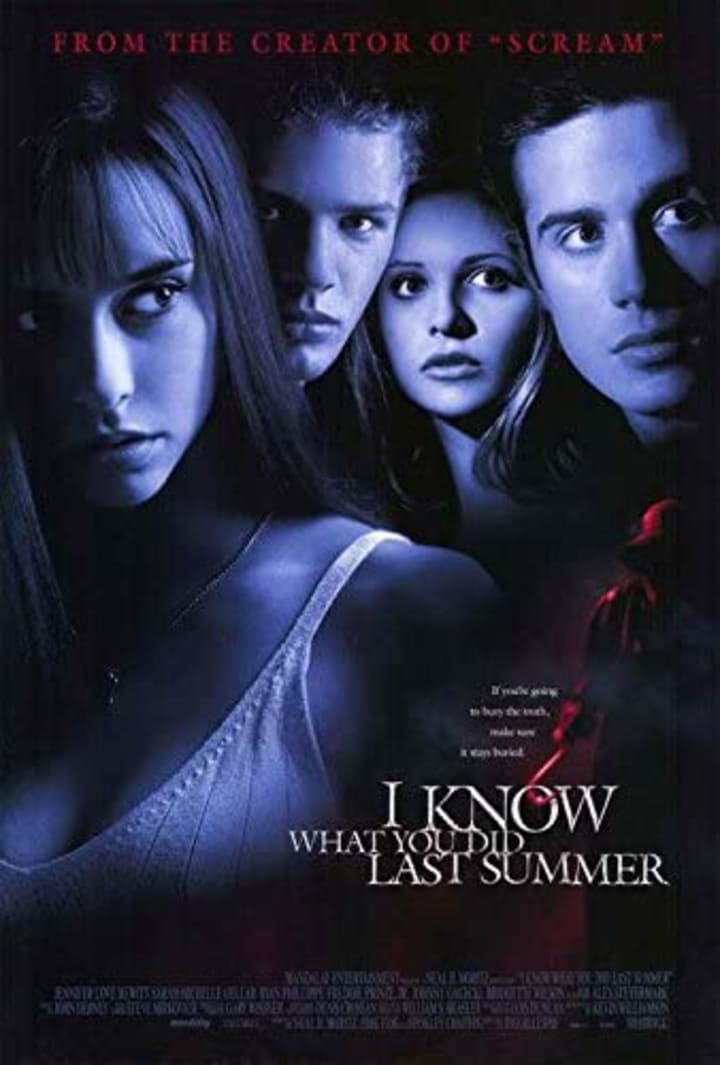
At the same time production on Scream 2 was under way with most of the same cast and crew behind the original film attached to the project, especially Wes Craven and Kevin Williamson returning as director and writer respectively. On October 17, 1997 I Know What You Did Last Summer was released and grossed $125 million dollars and became another mega hit following the success of Scream. Two months later on December 12, 1997 Scream 2 was released in theaters worldwide grossing $172 million dollars worldwide and received critical acclaim that surpassed its predecessor.
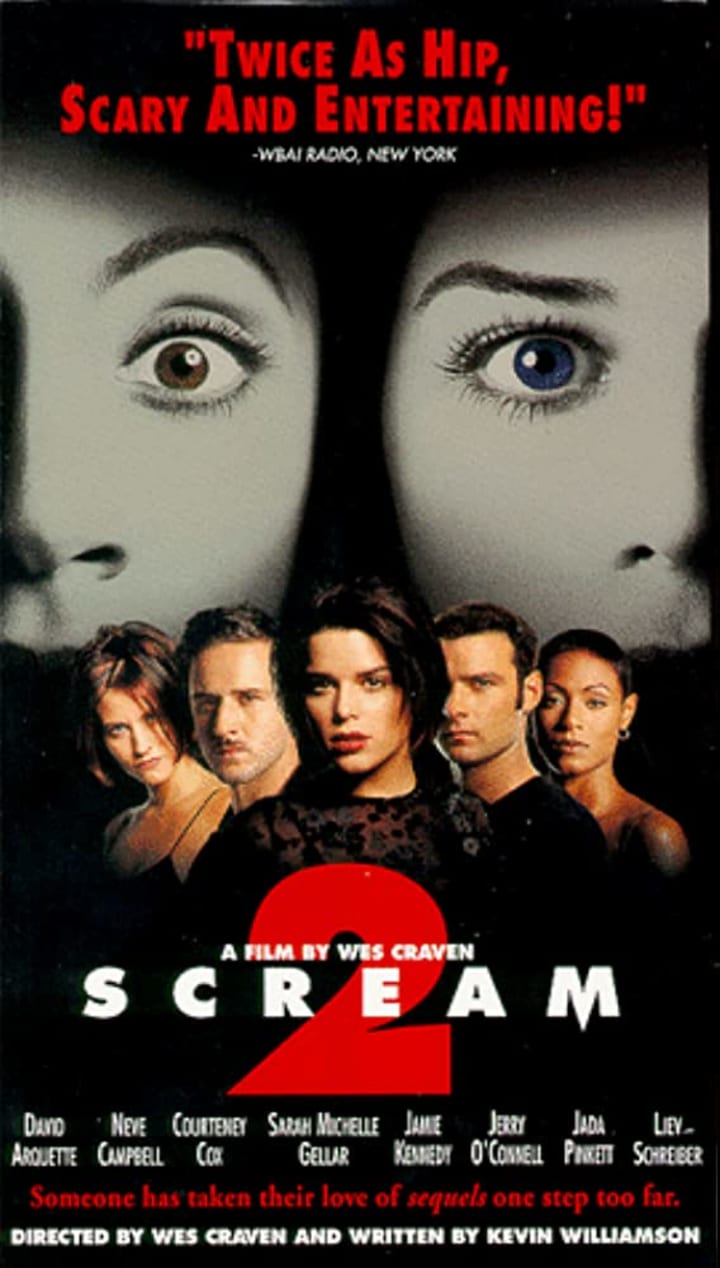
Thanks to Scream, I Know What You Did Last Summer, and Scream 2 the slasher genre had been given new life and was enjoying a new level of success that was followed up by the I Know What You Did Last Summer sequel I Still Know What You Did Last Summer (1998) and Urban Legend (1998)
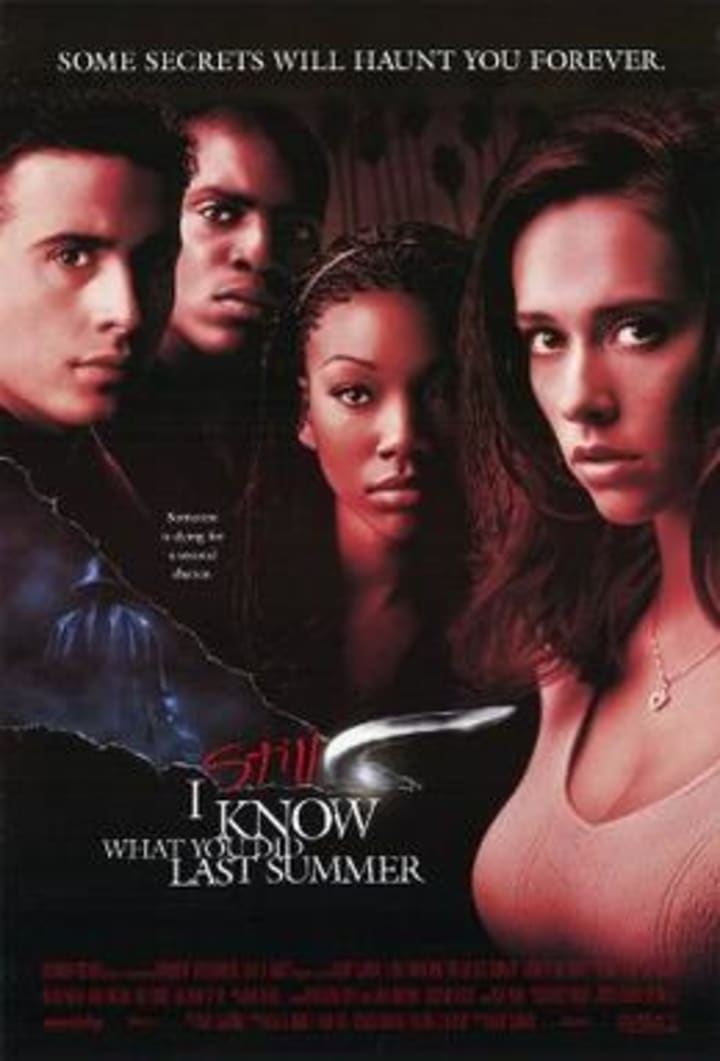
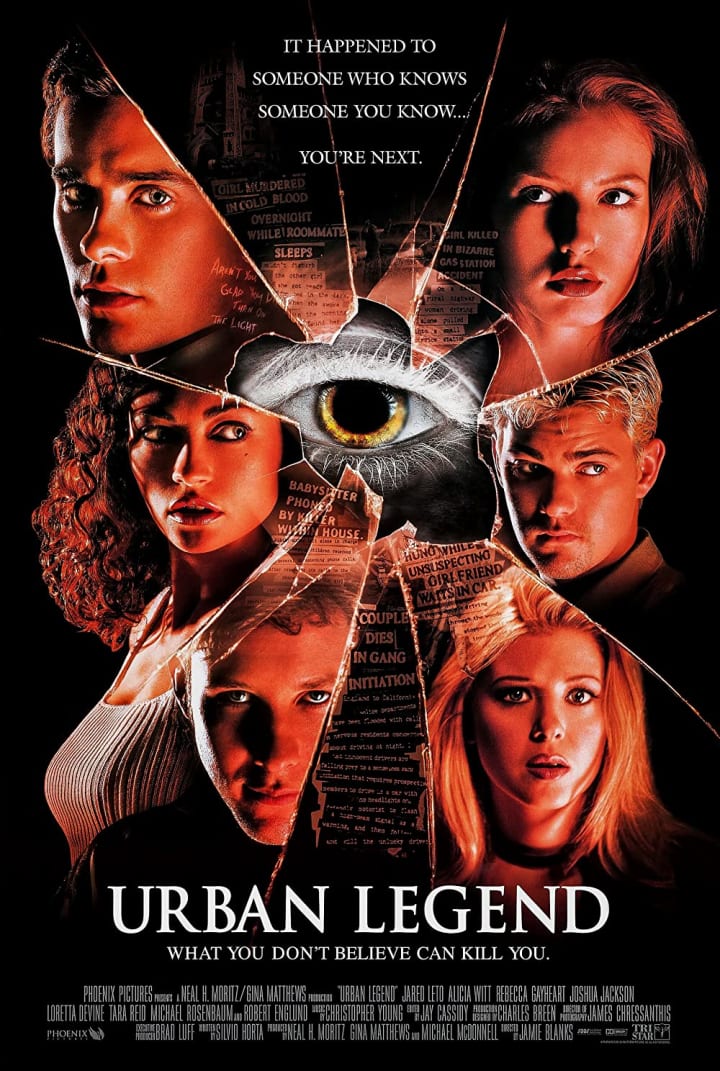
This new ensuing revival also led to the resurrection of classic slasher franchises which had been dormant since the early to mid 90s like Halloween and Child’s Play with Halloween: H20 (1998) which was co-crafted by Kevin Williamson and Bride of Chucky (1998), both of which would become two of the most critically and commercially successful entries in their respective franchises.
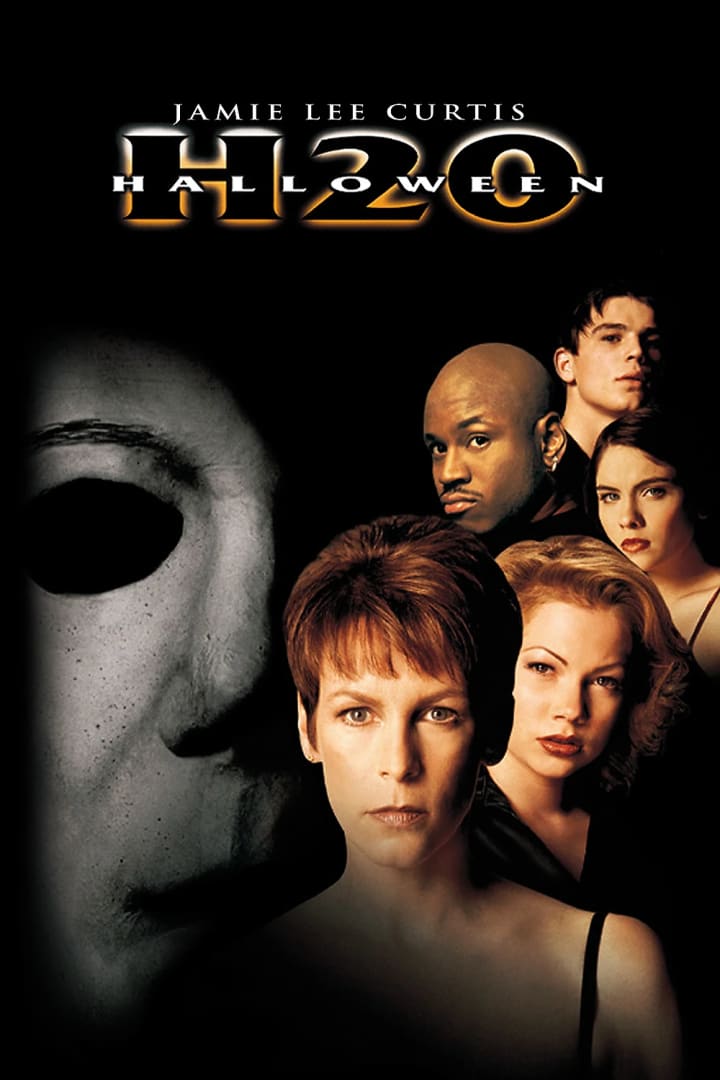
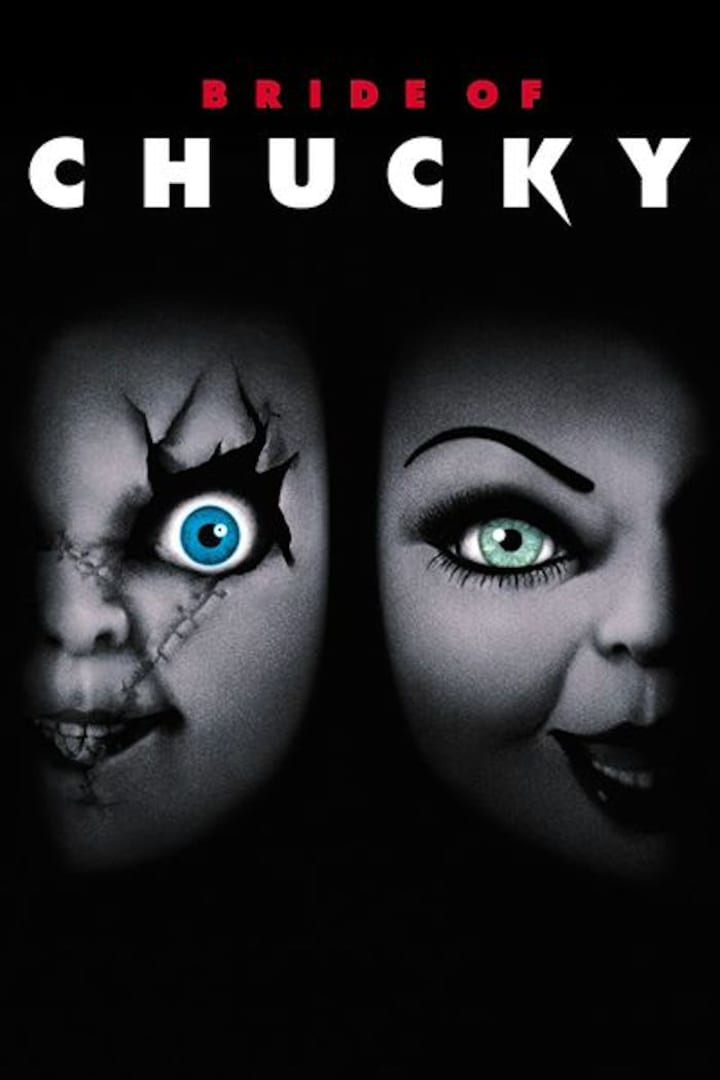
By the end of the 90s it became clear that Scream had ushered in a new successful generation of slasher and horror, but how and why exactly did this happen? Truth be told there are a number of explanations to answer this question.
Respect The Classics
When filmmakers try to break new ground with elder quality one of the biggest mistakes they make is trying to completely erase the spirit of what was while trying to create the new "what is". Scream was smart enough to not make this mistake in part because it was not only crafted partially by an elder of horror with Wes Craven, but a newcomer who was genuinely inspired by the good old days of slasher with Kevin Williamson. When developing Scream Kevin Williamson was of course heavily inspired by most of the main slasher brands that came before including: Halloween, Friday the 13th and A Nightmare On Elm Street. Scream paid homage to the stage setting tropes of these classics from the moment it was released with story components like a fictional small town setting with Woodsboro, California. Other classic homage nods to the old school tropes that Scream had was having a body of law enforcement that was naïve, off track and out smarted by the story's villain, making them rather obsolete to the plot's resolution. The most important nod was having a series of unfolding events that were marred by the dark history of the setting of the story's past.
Breaking Stereotypes
While it is important to remember the roots of where a culture comes from it is also important to add a new positive direction for the future's sake. With Scream this came in the form of breaking stereotypes from the past. One of the stereotypes Scream broke was the choice in identity for the killer. In the final act of the first Scream it is revealed to us that the killer is the dreamy and handsome leading male character of the film, Billy Loomis portrayed by Skeet Ulrich. For Scream the main character was not an ominously creepy or overtly psychotic person who you could have guessed was the culprit from first glance. The killer was the boy next door who you would have never thought would have harmed anyone in a million years. There is even a scene in the first film when the sheriff is asked could Billy Loomis's character be the killer and his response is "Ten years ago I would've said not a chance, but these kids today? damned if I know." A subtle reference to the new climate being created by Scream.
Mystery & Meta-Nature
The first quality of Scream that stuck out to the film critics was its self-referential meta nature. Scream was in part a spoof of the slasher genre with a humorous subtext mixed in with it's seriousness. Some of the biggest inspiration for this came from Friday the 13 part 6: Jason Lives (1986) which was one of the first horror films to capitalize off meta nature. While self awareness is a great component, it is the nature of mystery that inspires the self awareness that drives the energy of the movie. Scream is one of the most suspense driven stories of cinema because it is what you call a "Who-dunit" story, a story in which the antagonist is kept in mystery and the protagonists of the story are scrambling to figure out who the concealed culprit is before they can strike once more. All the films that immediately followed Scream in the slasher revival including I Know What You Did Last Summer and Urban Legend kept that same mix of meta nature and who-dunit mystery as story components.
Reality Bites
While most of the greatest horror films are grounded in the supernatural, Scream stuck out because it was grounded in the realistic. One of the things I’ve always liked most about Scream was how it's story mirrored real-life murder cases that you watched on the news: the crimes of passion, the revenge driven vendetta killers, or even a lunatic with a screw loose who was looking for some attention through murderous mayhem. It would not be a stretch to say that this was all part of Scream's foundation when you think about the fact that the real-life murder spree of the Gainesville Ripper is what inspired Kevin Williamson to write Scream in the first place.
Star Power
I never knew if anyone else paid attention to this detail as much, but I have always personally felt like Scream’s sense of star power also contributed to its groundbreaking revival energy. Many slasher films are responsible for launching the careers of some of Hollywood's best and brightest: Halloween gave us Jamie Lee Curtis and Wes Craven's A Nightmare On Elm Street gave us Johnny Depp. While Scream definitely raised star power it stuck out more for the star power that it's cast members already had beforehand. Courtney Cox who portrays series leading regular Gale Weathers was already a big name for being on one of the biggest sitcoms ever at the time, Friends. Henry Winkler who portrayed Principal Himbry in the first film was already a huge star for playing Fonzie on Happy Days and Laurie Metcalf who portrayed Debbie Salt/Nancy Loomis in the second film was of course a staple on Sitcom social commentary for her role as Jackie Harris on the still active Roseanne.
Consistency
More than anything, Scream's biggest contribution to the ressurrection of the slasher genre was it's consistency. Even with its changes made Scream was always smart about keeping the same creative team on deck crafting every entry in the series. Every time around you always saw the same cast and crew and it kept the same feel of authenticity in the process. Scream’s consistency was also shown in its quality of story, which never had any plot holes and never went off the rails, even during the least favored entries of the franchise. The lack of this type of consistency is why so many slasher brands have suffered in the past. If every slasher franchise had followed Scream's formula for consistency they would not have suffered the faults that they have had.
Like the rest of the slasher genre the Scream series is still alive and well with new ground being broken while keeping all of its classic qualities and cast and crew at the heart of it's present day conceptions. In the past decade plus Scream has had 2 successful films, Scream 4 (2011) and Scream (2022) a successful television series produced by its film's creators, and now has a sixth installment on the way.
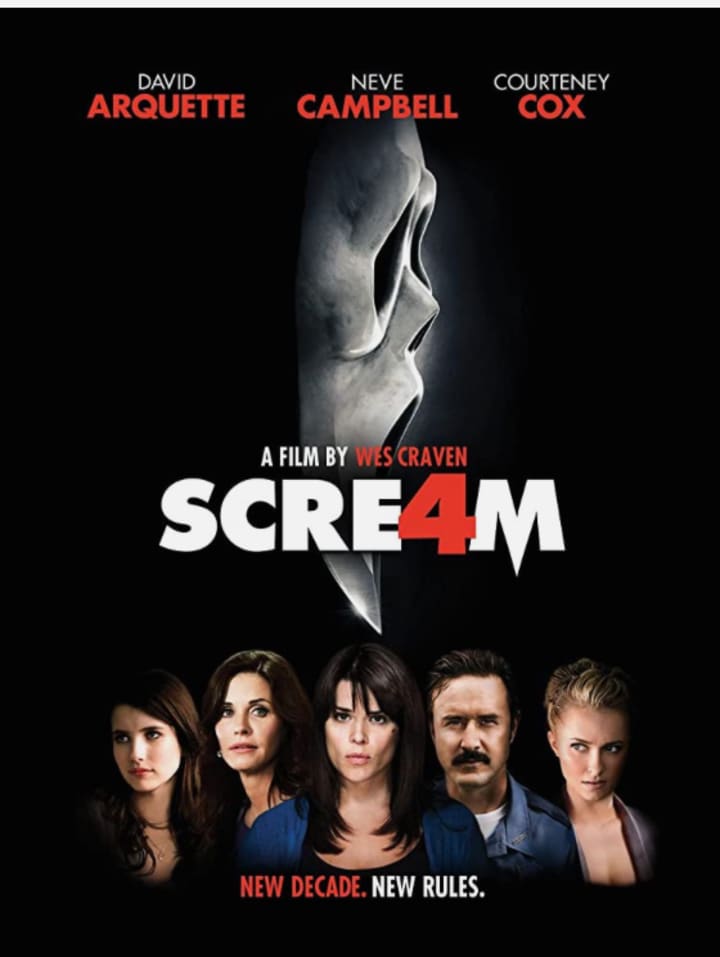
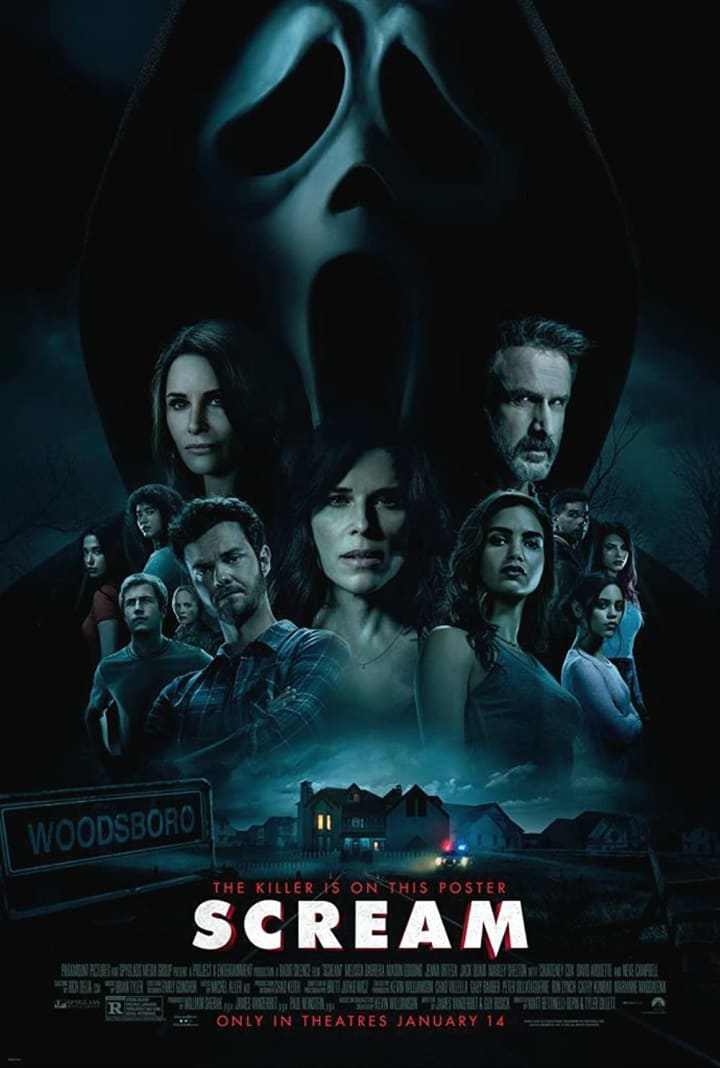

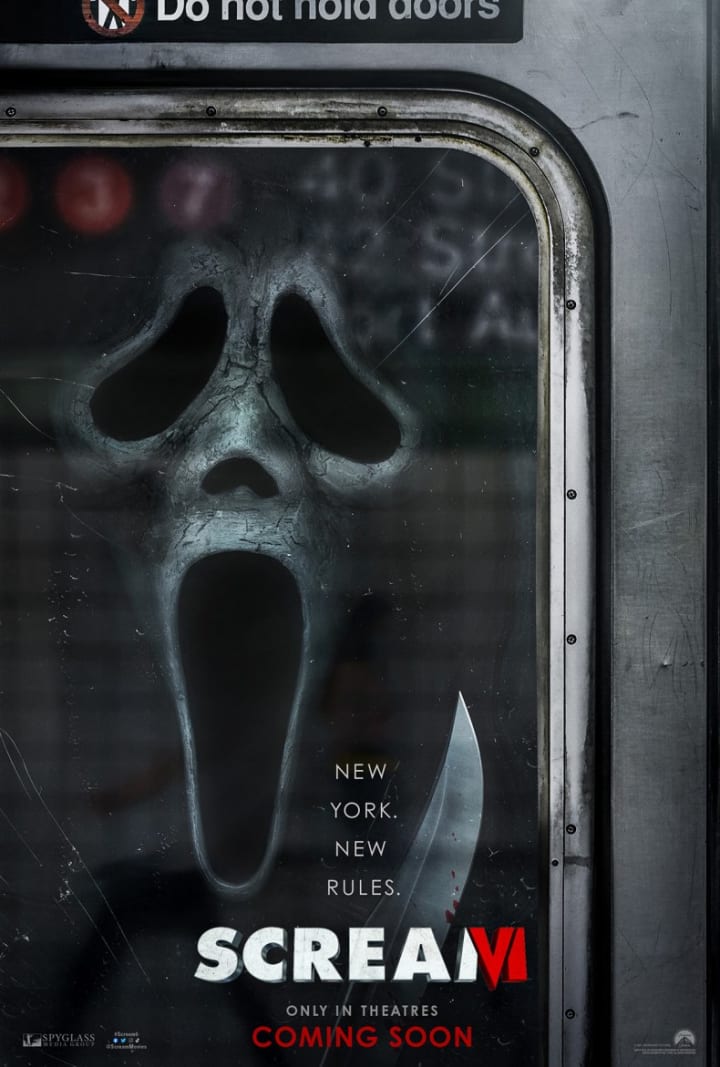
With all of Scream's success it has more than anything contributed to the success of a whole new generation and given new life to elder culture. Scream has inspired the landscape of filmmaking as well as me myself as a writer and aspiring filmmaker. No doubt does the slasher genre owe Scream a big thank you.
About the Creator
Joe Patterson
Hi I'm Joe Patterson. I am a writer at heart who is a big geek for film, music, and literature, which have all inspired me to be a writer. I rap, write stories both short and long, and I'm also aspiring to be an author and a filmmaker.
Reader insights
Outstanding
Excellent work. Looking forward to reading more!
Top insights
Compelling and original writing
Creative use of language & vocab
Expert insights and opinions
Arguments were carefully researched and presented
On-point and relevant
Writing reflected the title & theme






Comments (2)
Wow
You have eloquently provided great insight - well done.